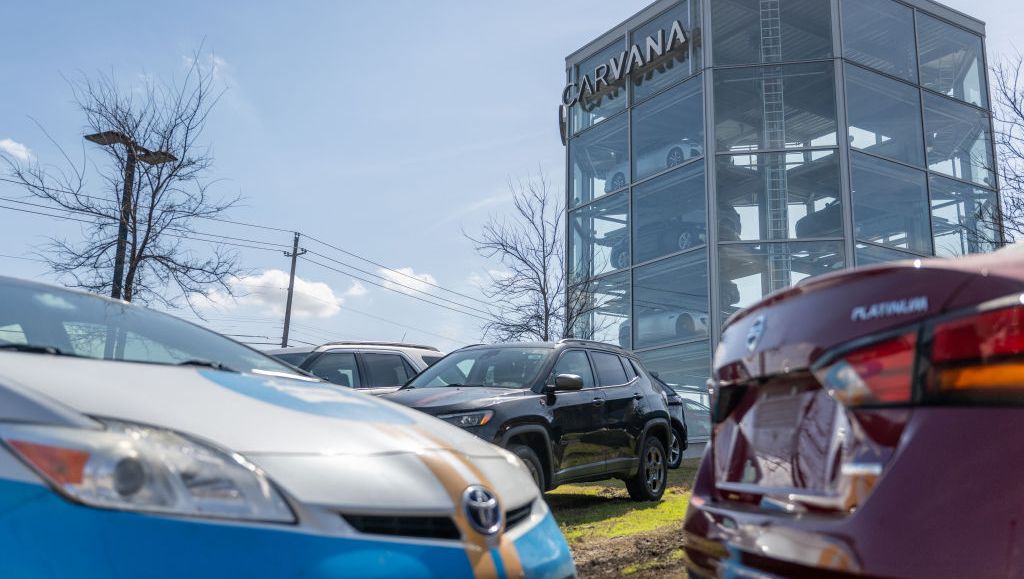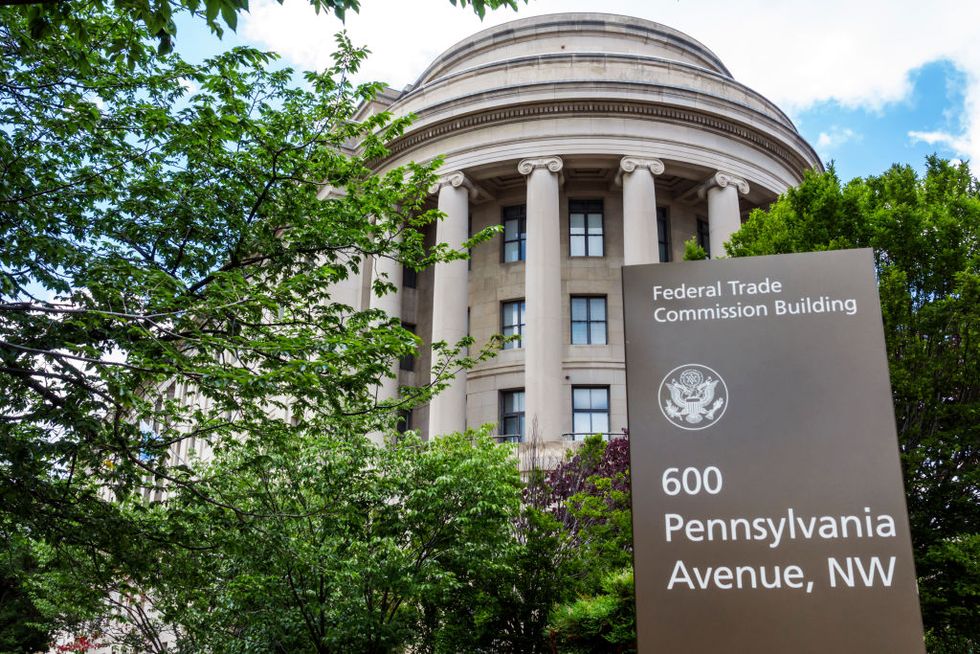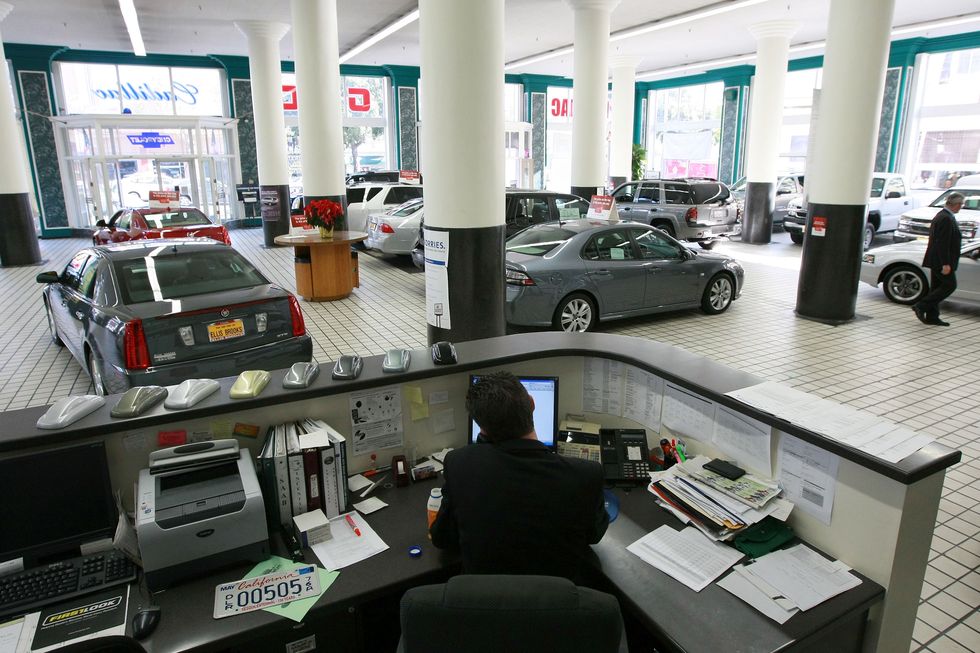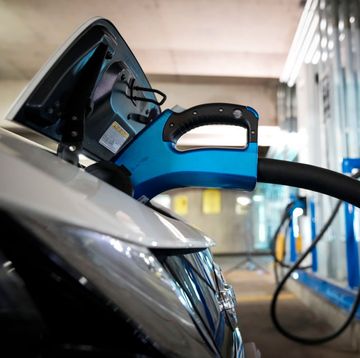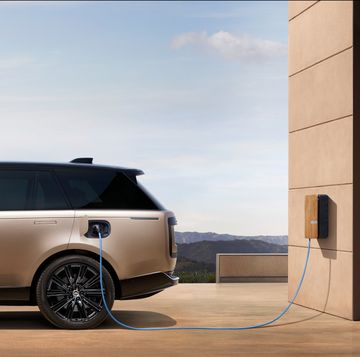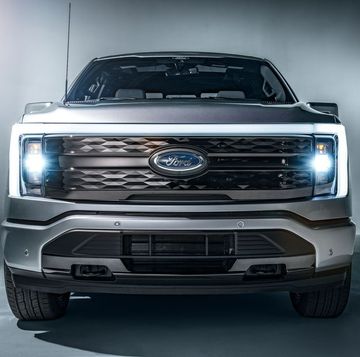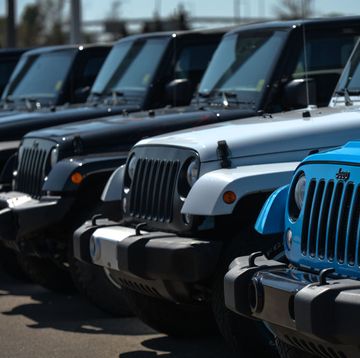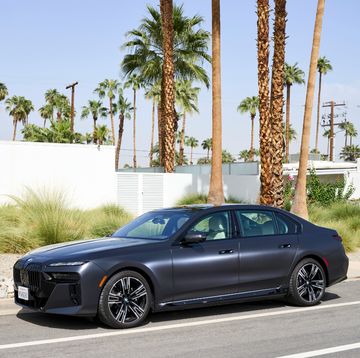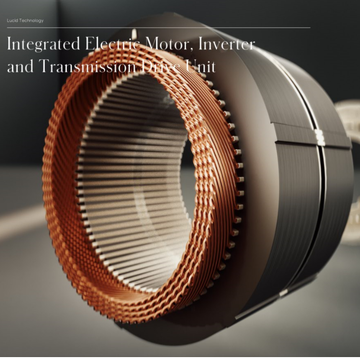- Last June, the Federal Trade Commission proposed a new set of rules that would ban bait-and-switch advertising, limit junk fees, and require written consent for add-ons.
- A group of 17 lawmakers are now pushing for the FTC to adopt these rules, despite pushback from well-connected dealer groups, automakers, and other lawmakers.
- The FTC says consumers would benefit from these changes to the tune of $29.7 billion while a study from the Center for Automotive Research claims it would cost $38.1 billion over 10 years.
The dealership experience is one that most consumers dread, from first-time car buyers to enthusiasts and veteran purchasers. Everyone has their own or knows somebody with a dealership horror story, making the car-buying experience a universally nerve-wracking endeavor. But it doesn't have to be this way.
Seventeen Democratic US lawmakers are pushing for car sales to change drastically, in a letter seen by Reuters. Fighting against the tight-knit, highly organized dealership groups, Senators Ed Markey, Ron Wyden, Cory Booker, Brian Schatz, Elizabeth Warren, and Richard Blumenthal, and Representative Pramila Jayapal, among others, are urging the Federal Trade Commission to adopt "strong regulatory protections for car buyers." This push comes after the FTC proposed banning bait-and-switch advertising tactics and requiring dealers to provide a true "offering price" last June.
Specifically, the group of senators and representatives are asking for a federally mandated offering price that includes all mandated equipment, to limit confusion about the true price of the vehicle. Additionally, the group says the FTC should adopt its previously proposed language around upfront disclosure of costs and conditions, requiring dealerships to outline additional add-ons and get explicit, written consent before charging buyers. Fraudulent junk fees are also included in the FTC's proposal, banning the sale of add-on products like nitrogen-filled tires that contain equal parts nitrogen and air.
"Dealers also pack vehicle sales with mandatory and price-inflated add-ons, increasing the cost and creating further confusion and uncertainty about a vehicle's ultimate price," the lawmakers explained.
Dealership groups are pushing back against these proposals, with the National Automobile Dealers Association claiming they would materially change the sales process that millions of customers are accustomed to. The group also claimed it would hurt small businesses, in an attempt to paint car dealerships as small-scale mom-and-pop shops, while questioning the legality of these proposed regulations. Citing a commissioned study from the Center for Automotive Research, the group says these changes would cost consumers around $38.1 billion over 10 years.
However, the FTC disagrees with this assessment, as internal projections estimate the regulations would produce $29.7 billion in net consumer benefits over the same 10-year period. Even so, it isn't just dealership groups that oppose the regulations. A group of six Republican Senators (including Shelley Moore Capito, Cynthia Lummis, John Thune, Todd Young, Mike Lee, and Dan Sullivan) wrote a letter demanding answers about the possible negative impact of these regulations. Namely, the group took issue with the FTC's estimation that these changes could impose $1.4 billion in costs on dealers and the timeline of the rule proposals.
"If implemented, this proposal would confuse customers, lengthen the transaction time to purchase a vehicle, limit consumer choice, increase paperwork, and mandate burdensome new record-keeping requirements on small businesses. More troubling, the FTC appears not to have done any consumer testing to ascertain whether its new regulatory regime would work in practice," the senators said.
The Alliance for Automotive Innovation, which represents General Motors, Toyota, and Volkswagen, has also issued statements against the FTC plan, saying that micromanaging the sales process could burden consumers even more. However, murky shopping processes have long hurt consumers, binding them in illegal contracts, fake financing companies, and thousands of dollars in markups.
Some states are trying to enact their own form of consumer protection as it relates to car buying. Specifically, after dozens of New Yorkers were scammed by the family of dealerships under JF Motors and Kings Autoshow, a restitution payment of $154,900 was made to its rightful earners, thanks to a set of consumer protections outlined by the City of New York's Used Car Consumer Bill of Rights. State and city agencies like NYC's Department of Consumer and Worker Protections can generally go above and beyond federal protections, giving consumers even more protections depending on the region.
Do you think these rules will help consumers get a fair chance at a good deal or will further muddy the process for shoppers? Please share your thoughts below.
A New York transplant hailing from the Pacific Northwest, Emmet White has a passion for anything that goes: cars, bicycles, planes, and motorcycles. After learning to ride at 17, Emmet worked in the motorcycle industry before joining Autoweek in 2022. The woes of alternate side parking have kept his fleet moderate, with a 2014 Volkswagen Jetta GLI and a 2003 Honda Nighthawk 750 street parked in his South Brooklyn community.
